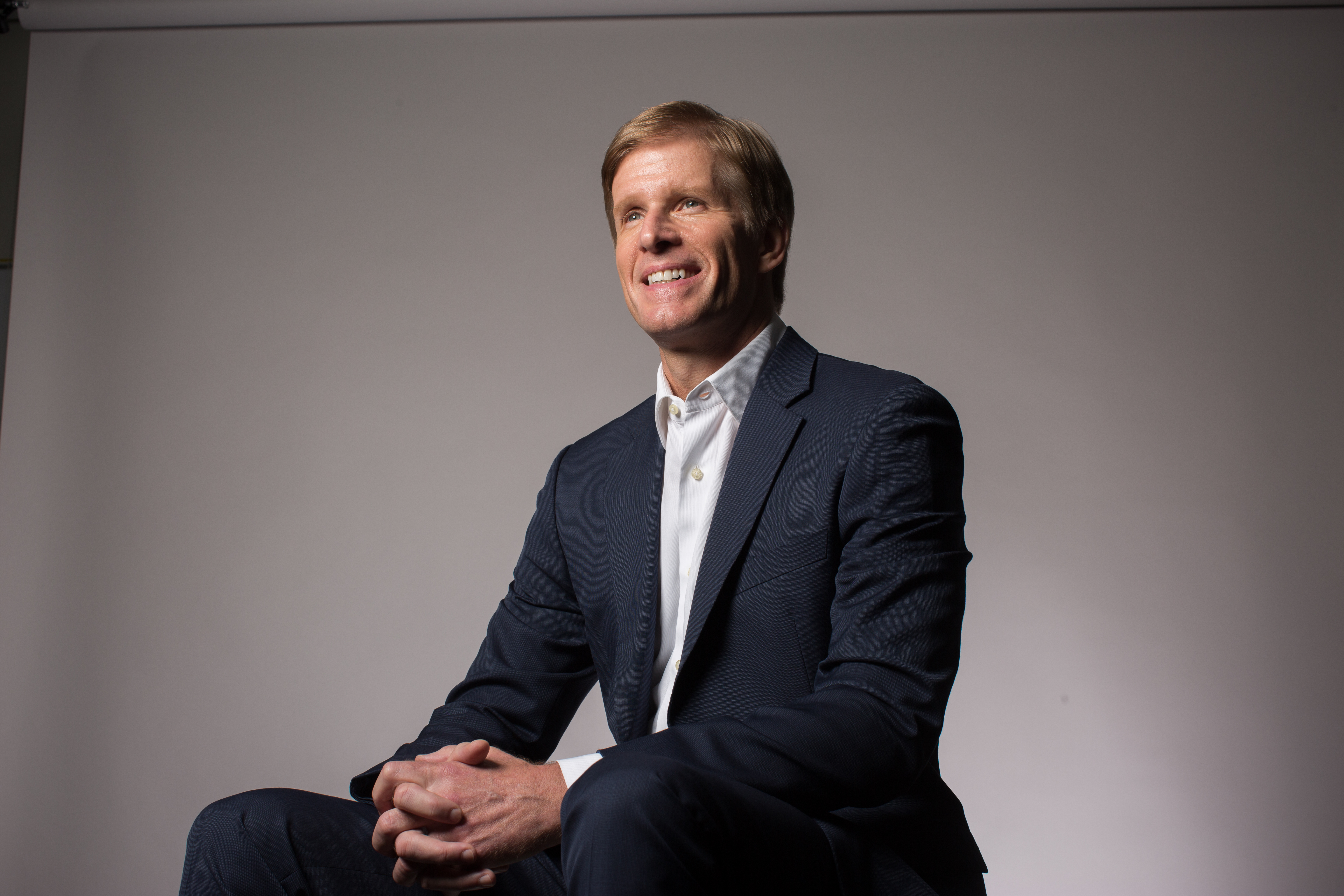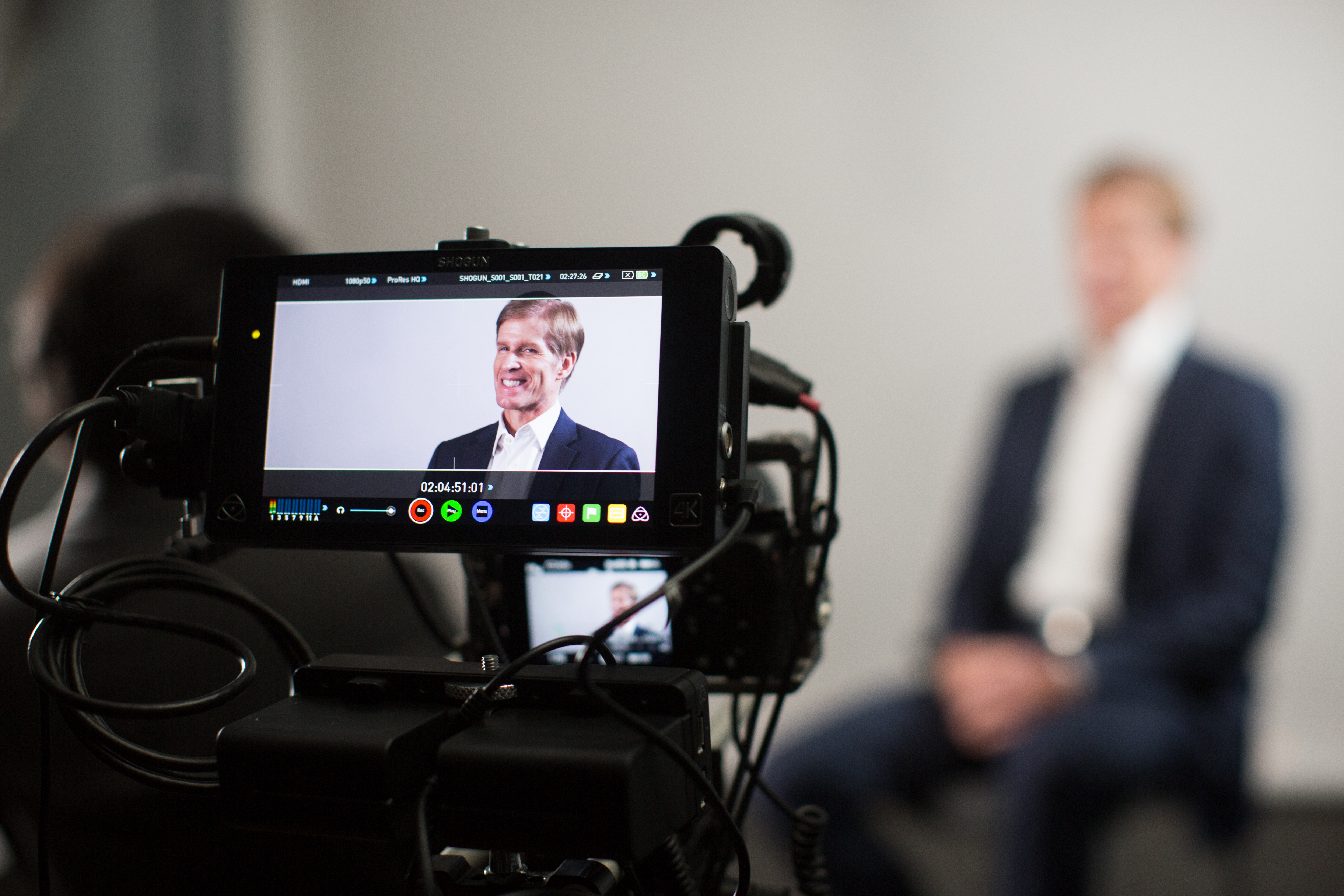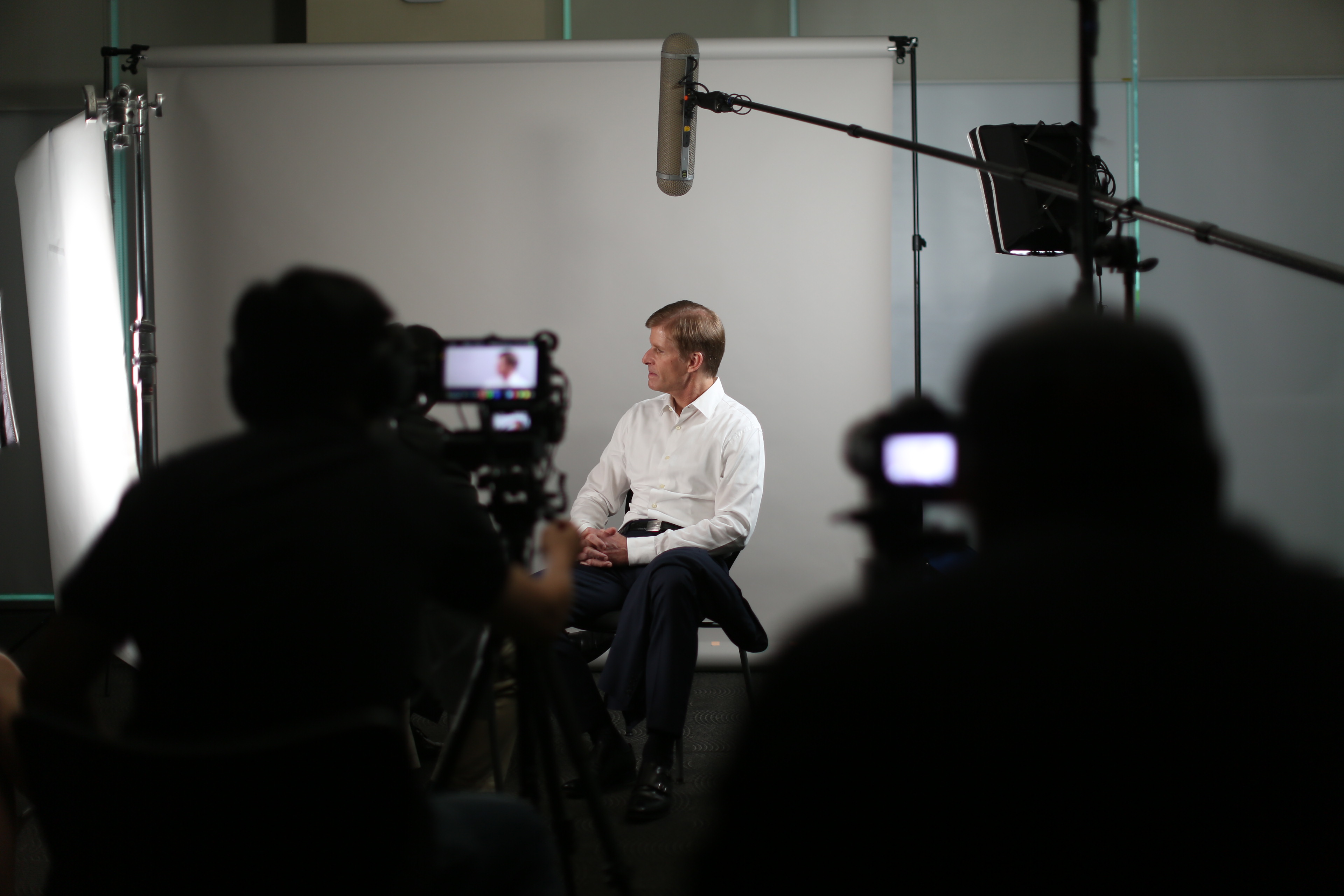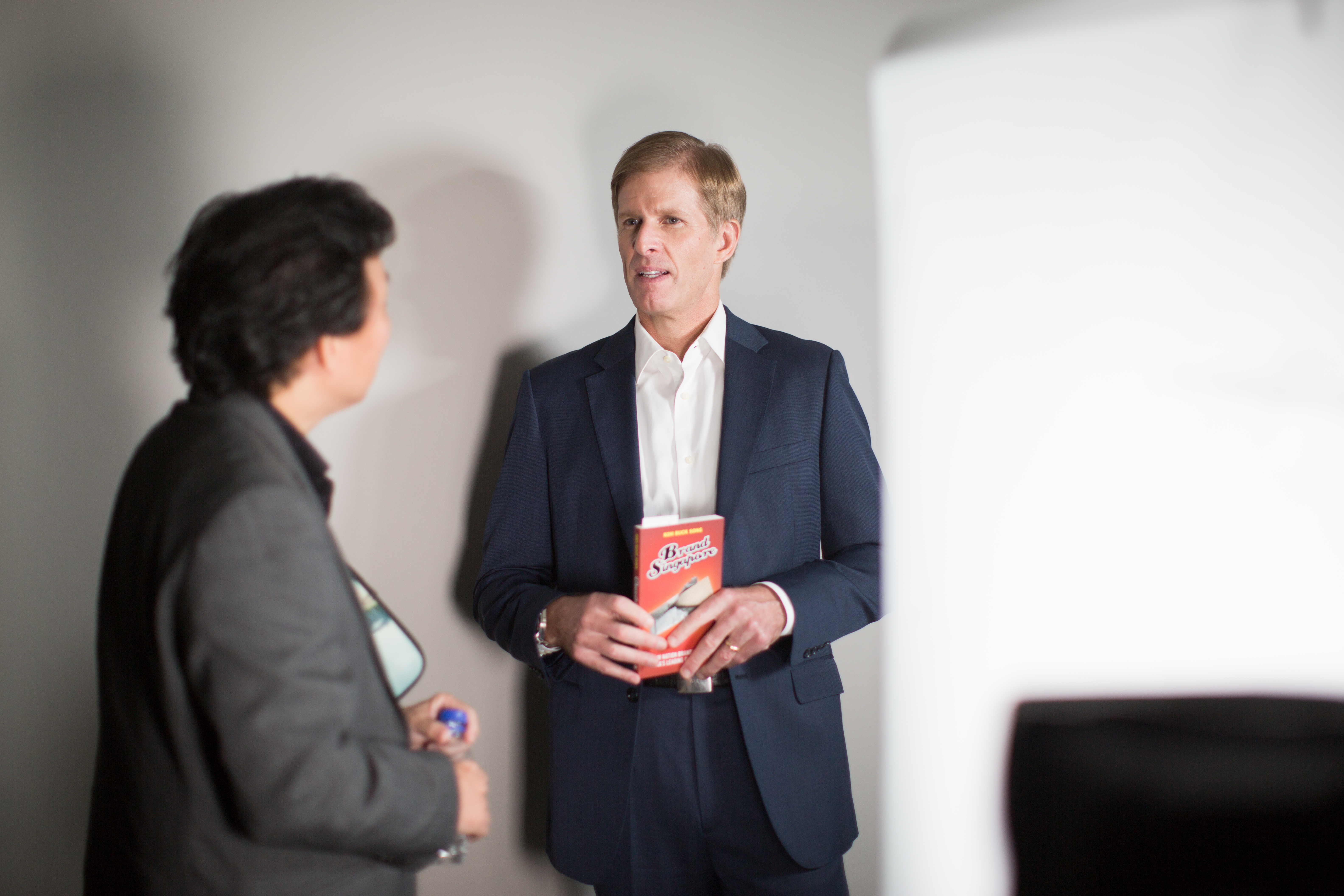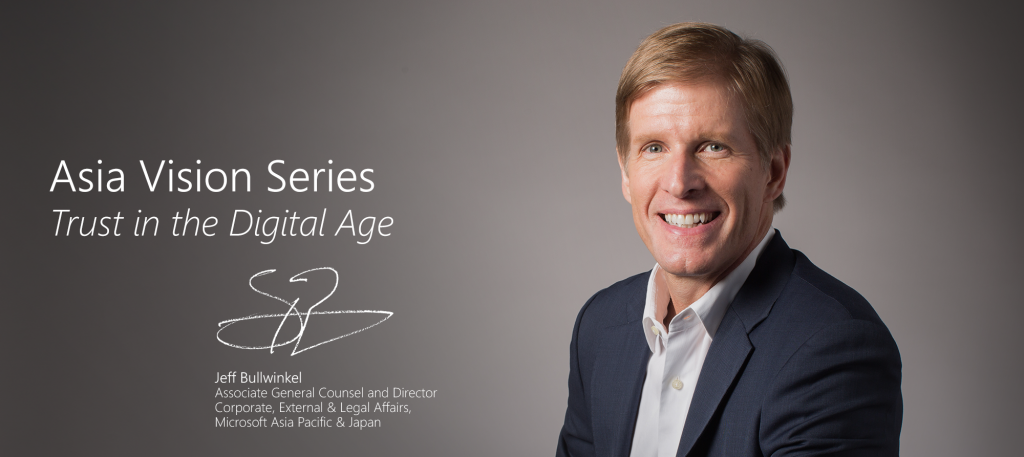
People don’t use technology they don’t trust
In our Asia Vision Series features we dive into key industry trends and issues with our subject matter experts and visionaries the region. In part 1 of 3 in this interview, Koh Buck Song, author and editor of more than twenty books and former political supervisor for Singapore broadsheet The Straits Times, speaks with Jeff Bullwinkel, associate general counsel and director of Corporate, External and Legal Affairs (CELA), Microsoft Asia Pacific & Japan. Bullwinkel is a former federal prosecutor with the US Department of Justice, as well as Microsoft’s most senior legal counsel in Asia. He shares the reasons behind his passion for law and driving policies around trust in technology.
As I think about my own choices around the technology I use, I think hard about how the companies behind them consider issues like privacy and security.
As digital technology becomes much more pervasive and consumers own multiple devices, trust in personal data privacy has also grown as an issue. This is not surprising when you know that people today have “more information on their smartphones than in their whole house”, noted Jeff Bullwinkel, associate general counsel and director of Corporate, External and Legal Affairs (CELA), Microsoft Asia Pacific & Japan. With the amount of data they are giving out about themselves, it is only natural for consumers to want to know that their information is properly managed, and not monetized without their knowledge or consent.
Data privacy is something deeply personal to Bullwinkel – the greater frequency of news headlines around cyber-threats is not just a professional concern, but something a parent of a teenage son and daughter who are heavy social media users would fear. Everyone is fair game in data theft, but he is quick to dismiss the notion that the young generation is more careless with data than others. “Young people are much more aware of privacy rights than we give them credit for. They care deeply about privacy, and the popularity of apps like Snapchat – built around the expectation that certain conversations are intended as both private and ephemeral – reflects that.”
In his role as Microsoft’s most senior legal counsel in Asia, Bullwinkel pushes the agenda of data privacy with a passion to rival that of the central character in “To Kill A Mockingbird” – the classic American novel by Harper Lee. The lengths to which the lawyer in the novel went to defend his client against seemingly unjust charges inspired Bullwinkel to pursue a career in the law since he was a child, and that was how he came to work as lawyer in New York City.
Some years later, he decided to pursue his longstanding interest in public service with the United States Department of Justice in the mid-90s under the Bill Clinton administration. His job then involved liaising with governments in Asia – including justice department officials in markets such as Australia, Hong Kong, Japan and Korea – mainly over cross-border collaboration opportunities to tackle international crime.
Fast forward to 2000, Bullwinkel reached a crossroads with an opportunity to take on an in-house role with Microsoft, a move he was hesitant to make at first as he had always imagined himself practising law in traditional settings such as firm or regulator rather than in a business environment. But talking to many people, including former government lawyers who had gone on to work for Microsoft, changed his mind.
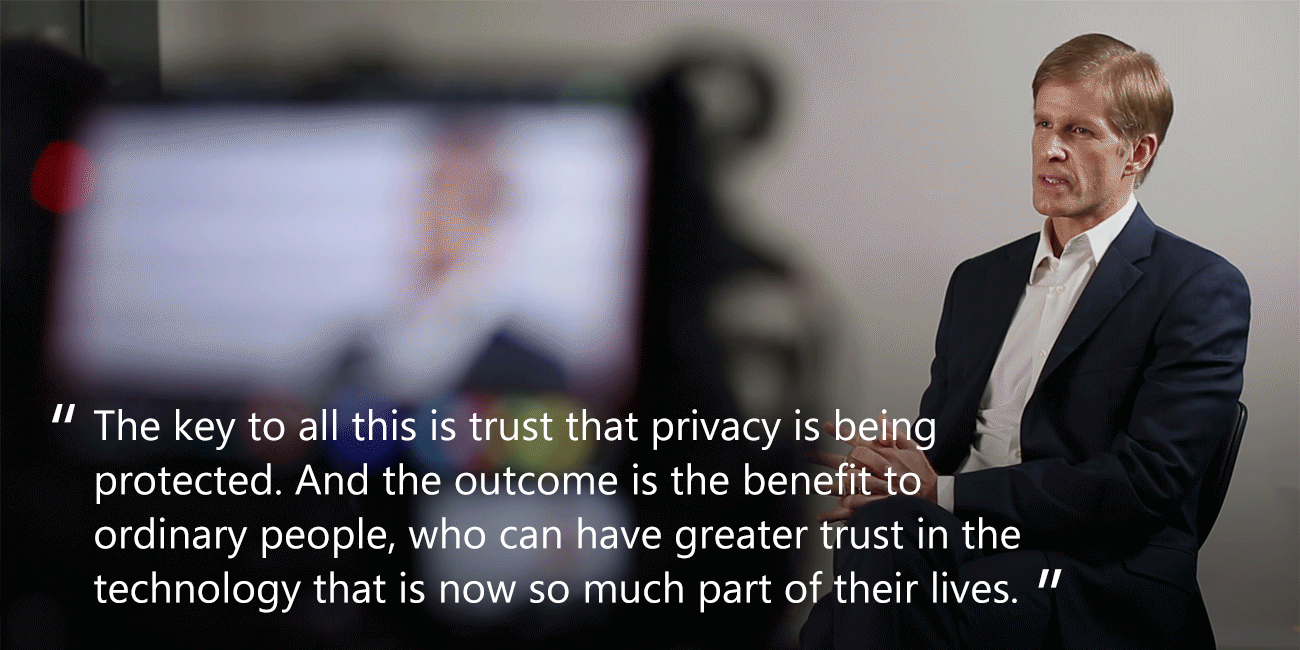
At a personal level, he was drawn by the prospect of the contributions a lawyer could make as part of a bigger business team at Microsoft. “I was persuaded that it was a great place to be, precisely because people at Microsoft understand and value the role that lawyers and others who are doing government policy work can play.” He hasn’t looked back since and, as he describes it, he “can’t imagine a better place than Microsoft for someone to pursue his interest in the law and public policy while at the same time striving ‘to empower every person and every organisation on the planet to achieve more.’”
Today, he continues to work with regional governments and deals with similar issues revolving around getting the balance right between privacy and security, and defining the parameters for government access to private data, both at a regional and global level.
“The key to all this, is trust that privacy is being protected. And the outcome is the benefit to ordinary people, who can have greater faith in the technology that is now so much part of their lives,” explained Bullwinkel.
The relevance of these issues has become more prominent as concerns about privacy heighten over incidents such as the revelations by former US government contractor Edward Snowden over government surveillance activities. Recognizing that they can no longer put off measures to ensure data privacy, governments across the globe have been steadily passing unified privacy laws, from just seven in the 1970s to more than 140 in the 2010s. For individuals, the growing threat of terrorism has also forced them to think about how much privacy they are willing to trade for a greater sense of security.
In an age in which home and work are becoming more and more intertwined, individual consumers need to make more informed decisions about services. At a personal level, there is a good way to handle the trade-off between privacy and the convenience and functionality offered by smart devices, as illustrated by Bullwinkel’s own personal approach to this question. Like many people today, he has lots of personal data at stake, contained in his many cloud-connected devices: a personal computer, a smartphone, a tablet and, on his wrist, a Microsoft Band 2.
How does he make his own personal technology choices? “For me, it’s less an issue of convenience and more a matter of the value that I would gain from a service. Do I trust the companies or the brands behind these services and products? What is their stance towards issues such as data privacy and security? At the end of the day, you have to balance all of this and think about whether it’s worth making the trade-off. For some services, these trade-offs are sometimes necessary and worthwhile in order to receive more useful information,” said Bullwinkel.
He sees a trend where people will gravitate towards quality and trust – moving towards services they are comfortable with, based upon the privacy policies of the companies that deliver those services. Today, mobile apps and messaging services are already increasingly touting encryption features as a competitive edge.
Looking to the future, Bullwinkel is convinced that protecting the free and safe flow of information will be a shared aspiration. “Everyone wants to live in a world that is secure and safe, one that respects national boundaries, but also where there are open markets and information can move freely.”
And, as more people play a bigger part in fostering an even more conducive environment of trust for the privacy of data, he is sure that much more benefit will come to everyone. “A government’s need to access information for law enforcement purposes and an individual’s or an enterprise’s interest in keeping their information private and secure are not incompatible. With justice, due process and greater transparency as the foundation, we can all move forward.”
How is the level of trust evolving across Asia? Bullwinkel shares his thoughts on this and more in the next installment of this series.
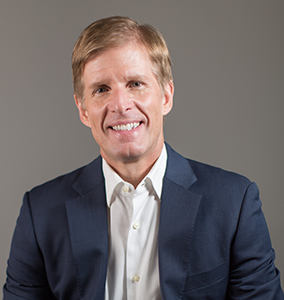 Jeff Bullwinkel
Jeff Bullwinkel
Associate General Counsel and Director of Corporate, External & Legal Affairs,
Microsoft Asia Pacific & Japan
Jeff Bullwinkel is based in Singapore and oversees Microsoft’s legal and corporate affairs teams across the region. This includes supporting commercial transactions and providing regulatory counsel to business groups on public policy issues such as intellectual property rights, privacy, Internet security and safety, competition, and international trade. Bullwinkel joined Microsoft in 2000 and was initially based in Hong Kong, where he managed the company’s public policy activities in the Asia Pacific region.
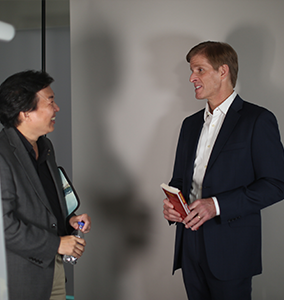 Koh Buck Song
Koh Buck Song
Koh Buck Song is an author who has written and edited over twenty books, and a consultant in branding, communications strategy and corporate social responsibility in Singapore. He drove the positioning of Singapore as a “global entrepolis” as former Head of Marketing, Corporate Communications and Strategic Planning at the Economic Development Board from 1999 to 2005. Buck Song was also a former a political supervisor for The Straits Times. He graduated from the University of Cambridge and the University of London in the United Kingdom, and from the John F. Kennedy School of Government at Harvard University in the US, where he was a Mason Fellow and earned a master’s degree in public administration.





